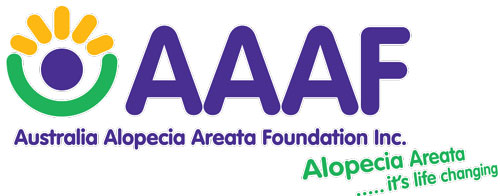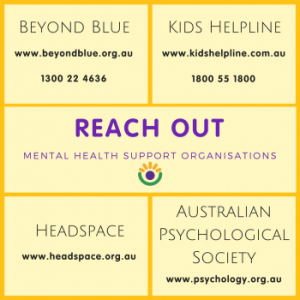We’re in your corner to guide you through every step of your Alopecia Areata experience.
Support groups are a fantastic way to get in touch with other people who are living with Alopecia Areata, to ask questions and find new friends. AAAF has support groups, run as a closed group on Facebook, in most states. They are a key way that AAAF communicates new projects, support resources and events with out community, so joining is a fantastic way to stay in the loop.
For our state-based groups, please only request to join the group for the state that you live in. The Men’s Support Group and Teen’s Support Group are open Australia-wide.
We take great care to ensure our Support Groups are a safe and friendly environment. As such, when you request to join a group, you will be asked to answer three brief questions to check this group is the right one for you. You must answer these questions to be accepted into the group. If there are any problems, please expect to be contacted by an administrator to check that you are seeking to join the correct state group and are part of the alopecia community.
| Sydney | http://www.facebook.com/groups/253267248063760/ |
| Melbourne | http://www.facebook.com/groups/324140794330058/ |
| Adelaide | https://www.facebook.com/groups/191926040992952/ |
| Brisbane | https://www.facebook.com/groups/360044287470628/ |
| Perth | https://www.facebook.com/groups/482588098533568/ |
| ACT | https://www.facebook.com/groups/1386723811590647/ |
| TAS | https://www.facebook.com/groups/355292571629842/ |
| Men’s Alopecia Support Group – Australia Wide | https://www.facebook.com/groups/158070451460216/ |
| Teen Alopecia Support Group – Age 13-23, Australia Wide | https://www.facebook.com/groups/AlopeciaTeenSupportAustralia/ |
Alopecia Areata can be very challenging. But you are not alone.
People who have Alopecia Areata and their family members often experience a variety of emotions:
- Feeling alone, withdrawn, and isolated
- Loss and grief
- Fear that others may find out you have the disease
- Scared that others may find out that you wear a wig
- Sadness and depression
- Anger
- Embarrassment
- Guilt or self-blame that you somehow brought the disease on yourself
- Guilt related to how the disease is affecting family members and loved ones
- Helpless in regard to searching for answers or cure (going to extremes)
- For parents, guilt that they may have genetically contributed to their child’s disease
- For siblings and other family members, shame and hurt because the disease has also affected their lives
These emotions are very normal, but can have a negative impact on the lives of individuals if not addressed. Support groups can help to manage some of these feelings and help to have a positive journey with this condition.
Getting Help
If you need help or support immediately, we recommend reaching out to the following organisations.



